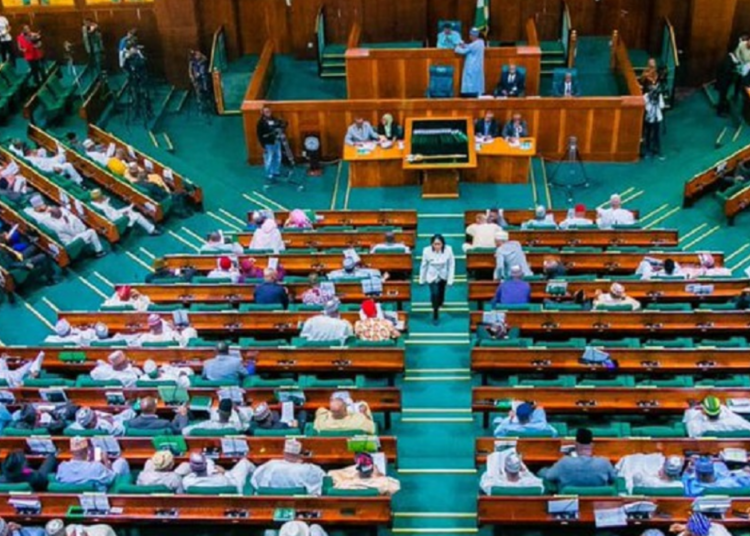On Thursday, December 21, the House of Representatives passed a motion urging Point-of-Sale (POS) operators across Nigeria to discontinue the sale of naira notes. Additionally, the House called for an immediate cessation of excessive charges imposed on customers by these operators.
The motion also directed the Committees on Banking Regulations, Digital, and Electronic Banking to summon the Minister of Finance and National Planning as well as the Governor of the Central Bank of Nigeria (CBN). The aim is to seek explanations regarding the alleged non-payment to customers by commercial banks over the counter and via ATMs.
The House’s decision stemmed from the adoption of a motion titled, “Need to Curb the Sale of Naira Notes by Point-of-Sales (POS) Operators in Nigeria,” presented by Hon. Mohammed Dan Abba Shehu.
Acknowledging the significant role of POS machines in alleviating financial transaction challenges within Nigerian Commercial Banks, the House noted their transformative impact on the country’s financial sector. These machines were initially introduced to address banking difficulties encountered by the public.
Citing the examples of advanced economies like the US, UK, and South Africa, the House highlighted the beneficial role of POS machines in fostering financial transformation without manipulation. In Nigeria, the adoption of this technology aimed to mitigate transactional challenges and facilitate easier access to funds for customers.
Expressing concern over the current situation, the House noted that POS operators are reportedly selling naira notes at inflated prices, causing distress among citizens already grappling with economic hardship. For instance, N1,000 is purportedly sold for N300 to N400, while N10,000 allegedly goes for N4,000, significantly impacting citizens’ financial transactions.
Given the regulatory powers vested in the Central Bank of Nigeria under the Central Bank of Nigeria Act 2007, the House underscored the need for robust supervision of commercial banks and the regulation of POS operators. It stressed the importance of restoring public confidence and addressing the financial hardships faced by citizens during transactions within the country.











